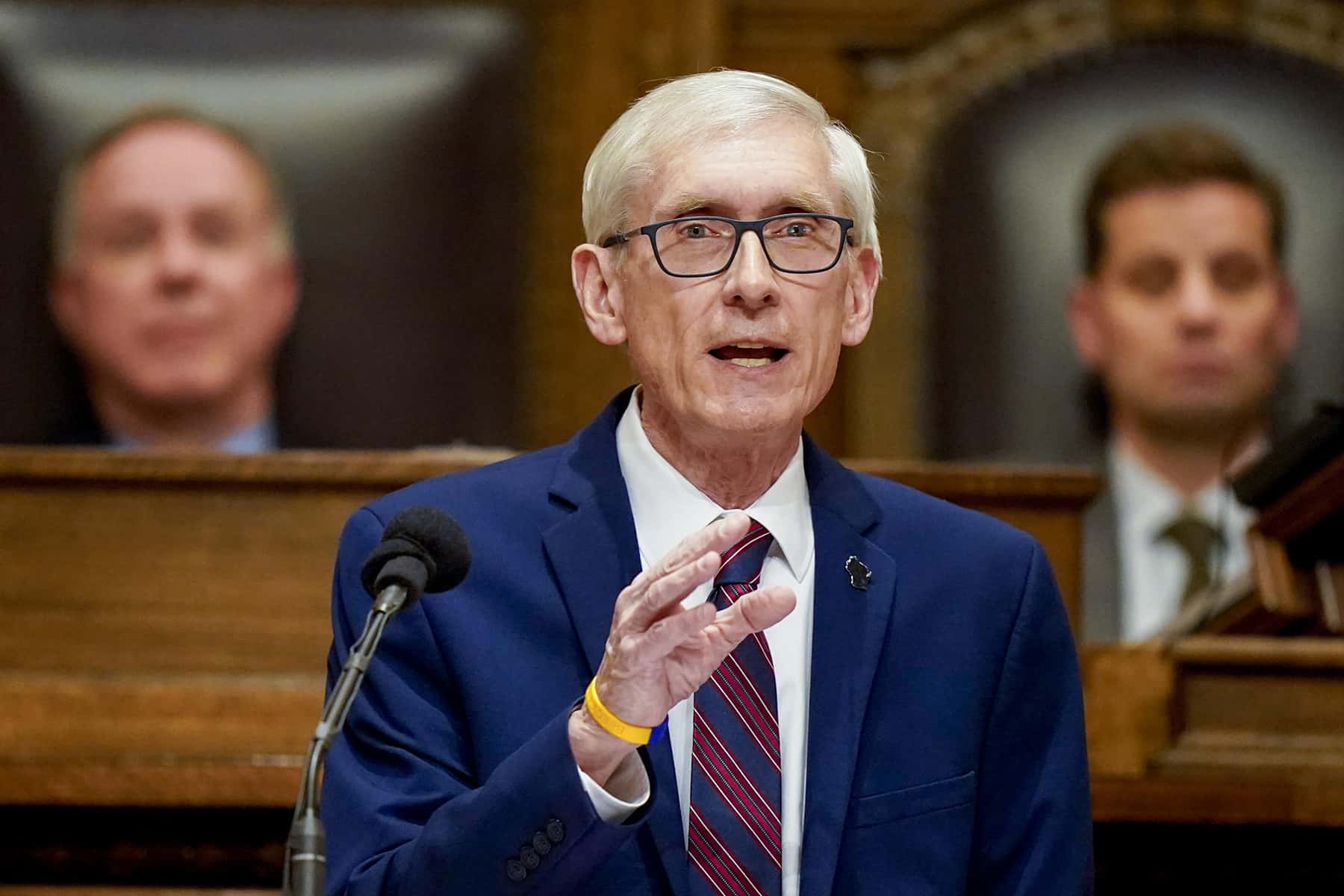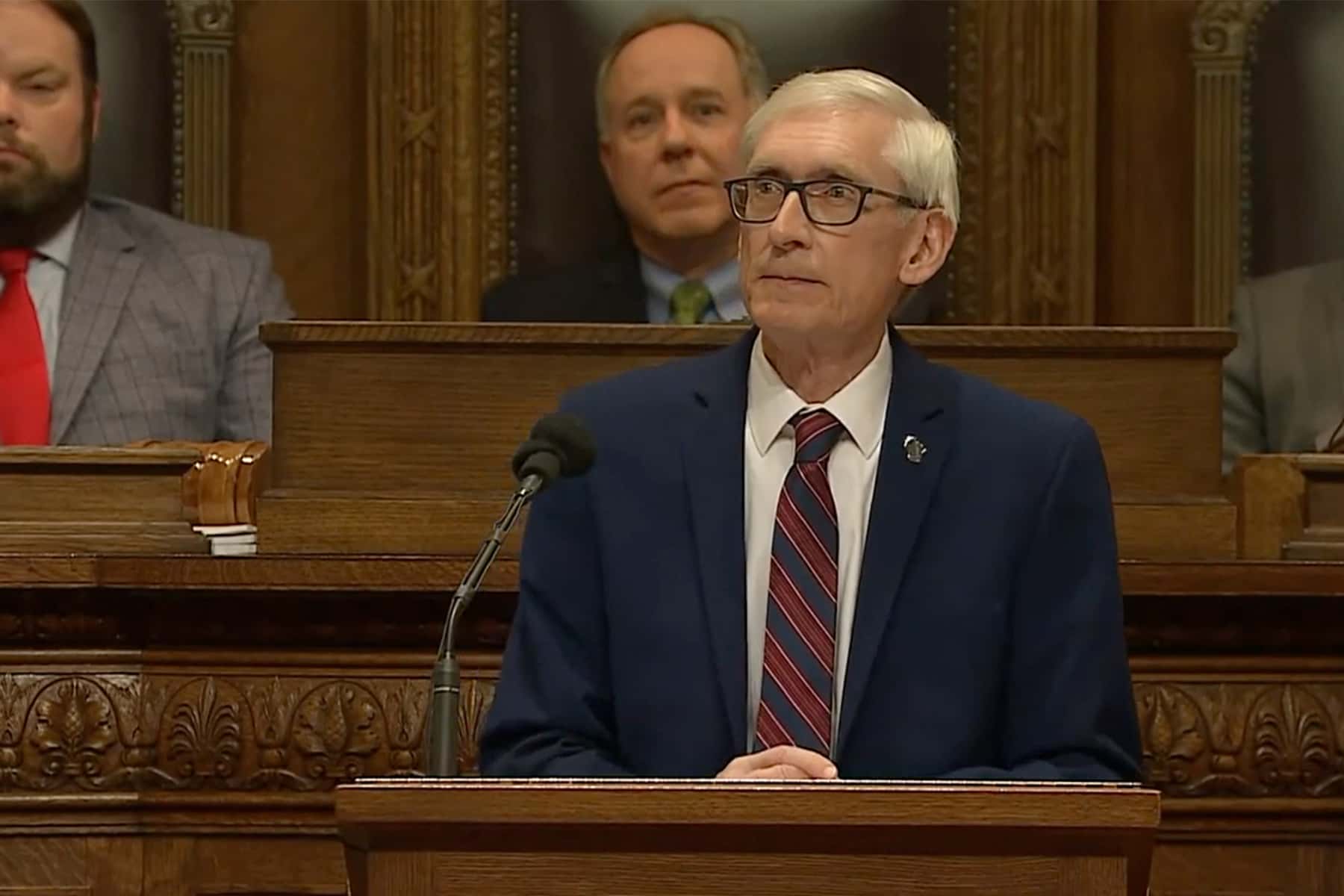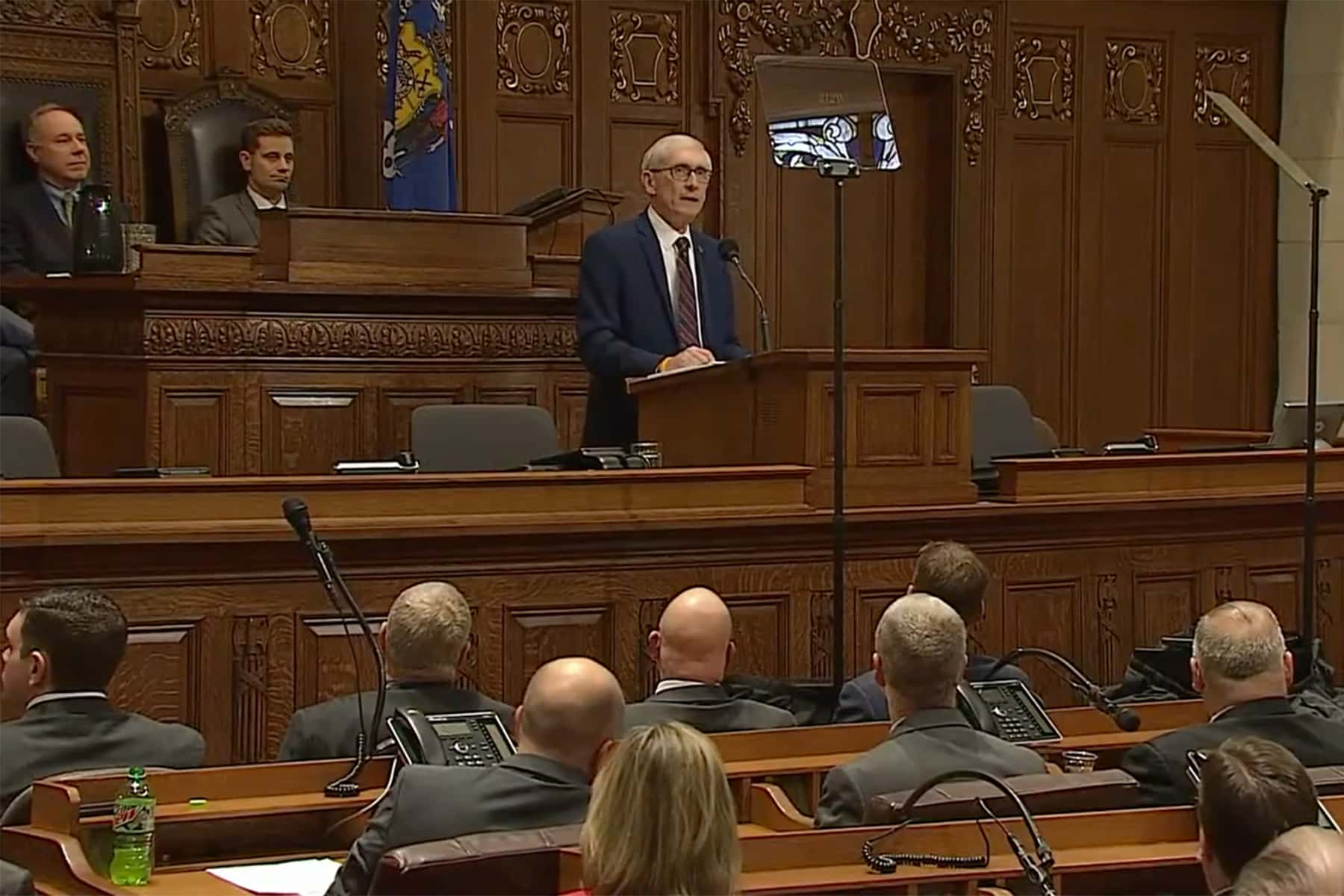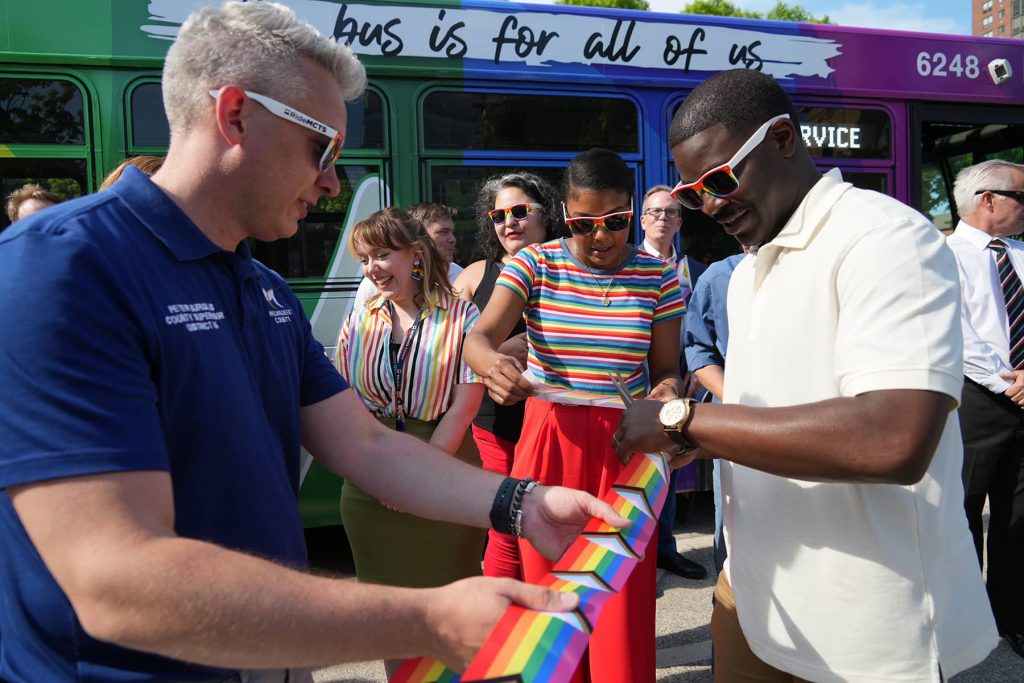
Governor Tony Evers announced his intention on February 15 to call a special session of the state Legislature regarding his plans for a projected multi-billion dollar surplus in his last State of the State address of the current term.
The move comes weeks after Evers announced his plans for tax rebates and funding for public schools in response to a Legislative Fiscal Bureau report that indicated the state’s budget fund was set to end June 2023 with a balance of more than $3.8 billion.
According to Evers’ speech, his plans would include a $150 tax refund for every Wisconsin resident, along with $130 million for child and caregiver tax credits and $750 million for public education in the state.
“Let’s help address rising costs, let’s help make sure folks can afford to join our workforce, and let’s do what’s best for our kids,” Evers said. “This is the people’s money. Let’s get it back to them.”
Republicans rebuffed the plans soon after Evers’ initial announcement in January, despite supporting tax cuts proposed by former Republican Governor Scott Walker in 2014 and 2018, also election years.
Wisconsin State Senate Majority Leader Devin LeMahieu, R-Oostberg, criticized Evers in the Republican response. Evers said Wisconsin residents cannot afford to wait for help.
“There are some who want to wait to get this done until the next budget,” Evers said. “That’s not going to help Wisconsinites buy groceries today. It won’t help Wisconsinites pay for gas today. It won’t help Wisconsinites pay for child care, heating their homes, or putting food on their table today.”
It is the third year in a row Evers announced plans for a special session during the State of the State address. In 2020, the governor asked lawmakers to address the state’s dairy crisis, and in 2021, he told legislators to offer solutions for the state’s unemployment insurance system after it faced record levels of claims in the early months of the COVID-19 pandemic. Those and other calls for special sessions during his time in office have been met with limited success.
Investing in education, mental health and emergency response systems
While Evers would need Republicans to approve his plan for the state surplus funding, the governor announced several projects on February 15 that would be paid for with federal pandemic relief funding. Evers has sole discretion over that funding, meaning lawmakers can’t block those projects.
In addition to the education funding in his surplus proposal, Evers also announced plans to invest tens of millions of dollars to support mental health in the state’s schools and universities.
The investments include a $15 million “Get Kids Ahead” initiative that Evers said would allow schools to provide mental health care and family assistance programs in the state’s public schools.
“With this investment, kids in every corner of our state will have increased access to mental health support through their schools, on top of investments we’ve made in our budgets,” Evers said.
Evers said $5 million in funding for the University of Wisconsin System would allow it to provide more telehealth counseling and mental health support on its campuses. He also announced a $25 million investment in the System, which he said would help keep a tuition freeze in place.
“With these additional funds, the UW System and Board of Regents can ensure that tuition prices for our in-state students will not go up for the next two years, giving our students and families one less thing to worry about,” Evers said.
In a statement, UW System interim President Tommy Thompson and UW Regent President Edmund Manydeeds III said the funding would keep the universities affordable and address students’ behavioral health needs.
“We appreciate Governor Evers’ commitment to public higher education and his recognition of the vital role the University of Wisconsin System plays in improving lives and communities across our state,” the statement reads.
Another $30 million will go toward support of emergency medical providers and services, according to Evers, with $20 million of that funding going to rural areas. A Wisconsin Policy Forum report in October found increased calls and staff recruiting and retaining struggles have made it harder for providers to address the needs of the populations they serve.
Evers’ plans also include investing $5 million into National Guard member wellness services and a new Blue Ribbon Commission on Veteran Opportunity to support veterans having workforce opportunities.
Christine Hatfield
Аndy Mаnіs
















